Op-Ed: Asian Pacific Islander Heritage Month matters
Photo credit: University of Idaho Digital Iniatives
Victims of the Japanese Internment gather for an anniversary picnic. These men were interned in a camp in Kooskia, Idaho, and were forced to construct a highway. This story is one of many untold Asian/Pacific Islander narratives which must be recognized during Asian Pacific Islander Heritage Month.
May 21, 2020
Recently, I was scrolling through Hulu in a bout of quarantine boredom when a stumbled across a promotion for “Asian Pacific Islander Heritage Month.” I was immediately confused. Even as a Filipina American, I had never once heard of or even thought about having a designated time to celebrate my heritage. Despite this, Asian Pacific Islander Heritage Month has been celebrated throughout the month of May since 1990.
With further research, I found that a period of time dedicated to Asian and Pacific Islander recognition was not passed in the United States until 1979, and until 1990, it was only observed for a single week. For context, Black History was commemorated for a week as early as the 1930s, and International Women’s Day was first held in 1911.
These figures are yet another example of the invisibility of Asians and Pacific Islanders. Throughout my life, I have seen our stories cast aside and overshadowed, whether it be in the classroom, the newsroom or even the movie theater.
I did not learn about Japanese Internment until eighth grade. After the Japanese government attacked Pearl Harbor in 1941, Americans of Japanese ancestry (many of them citizens) were rounded up and sent to internment camps, where they were victims of suspicion and unable to return to their homes and businesses. Even when I did learn about Japanese Internment, it was relegated to a single section in a textbook. This belied its importance to the Asian community and the history of the United States.
This incident underlines the dogma nearly all immigrants face — the message that “you don’t belong here.” It is particularly painful for those from Asian families. I saw a fellow multiracial Asian choke up when trying to describe the odious mistreatment American citizens faced in internment camps.
Until my U.S. history course this year, I didn’t even know that my mother’s ancestral homeland, the Philippines, had engaged in a war with the United States. From 1898 to 1902, the Republika ng Katagalugan (Tagalog Republic) fought for the Philippines’ independence against U.S. forces and lost, resulting in the death of 200,000 Filipino civilians. U.S. general Jacob F. Smith was forced into early retirement due to the his inhumane treatment of Filipino soldiers. He is reported to have told his men to kill every Filipino over 10 years old.
This invisibility is exactly why Asian Pacific Islander Heritage Month is so essential. It is time for us as a country to recognize our mistakes and also celebrate the Asians and Pacific Islanders who shaped and built our nation.
I also find it quite ironic that this month of celebration is during a time when many Asian-Americans feel so unwelcome in America. There have been a surge of anti-Asian hate crimes throughout the United States due to the fears of the novel coronavirus and its origins in Asia. President Trump has also repeatedly referred to COVID-19 as the “Chinese virus.”
Thousands of Asian Americans have reported being yelled at to “go back to China,“ and have been spit on. There has also been a number of violent attacks, including one on March 14, where an Asian-American family was stabbed in Texas. This family included two children, ages two and six. The FBI believes that this was a hate crime and that the family was targeted because of COVID-19 fears.
Throughout our history, Pacific Islanders and Asians have been routinely silenced, mistreated and ignored. To end this mistreatment, we have to acknowledge all that the immigrants from those areas have done for our country and, frankly, our world.
This month is not only for those of Asian and Pacific Islander descent. Asian heritage and culture is meant to be appreciated respectfully by everyone. No matter what your heritage is, our country has given us a chance to recognize more than 19.4 million Americans who often feel like their stories are pushed aside and their heritage is ignored.
In fact, you probably know many more Asian or Pacific Islander Americans than you think. Keanu Reeves, Bruno Mars, Dwayne “The Rock” Johnson and Olivia Munn all proudly identify with Asian or Pacific Islander heritage and there are hundreds of other examples through the film, music, politics and art industries.
I ask everyone to try and celebrate Asian and Pacific Islander Americans this month. Watch a subtitled film, an anime, or even an American movie with an Asian lead. Read about Asian-American history. Follow Asian activists like Malala Yousafzai and George Takei. Order from local Asian and Indian restaurants which may be struggling with lack of business due to COVID-19. Learn a new word in an Asiatic language.
But most of all, I implore every single American to be respectful of Asians and Pacific Islanders no matter what month it is. Don’t erase our history or silence our voices. See us. See our culture. And see our stories.




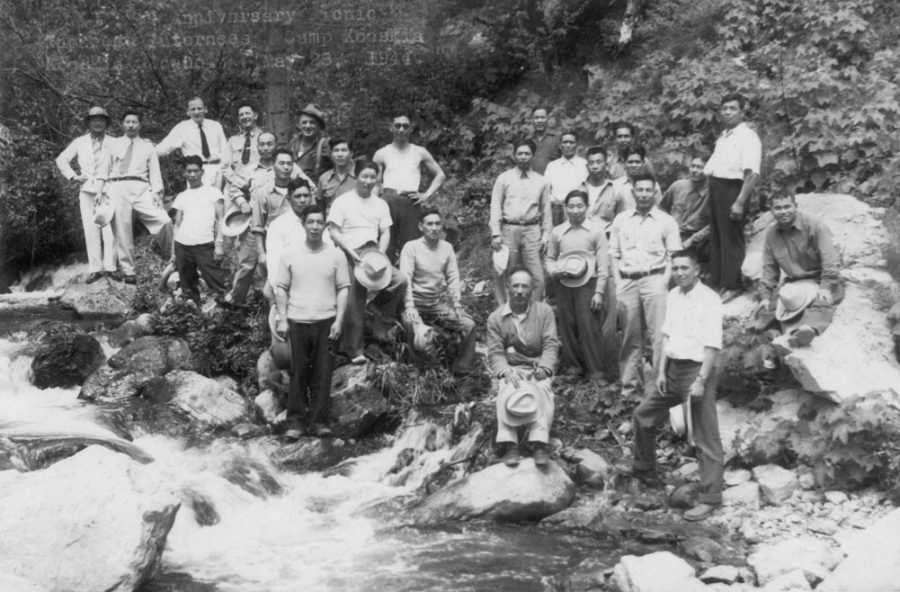







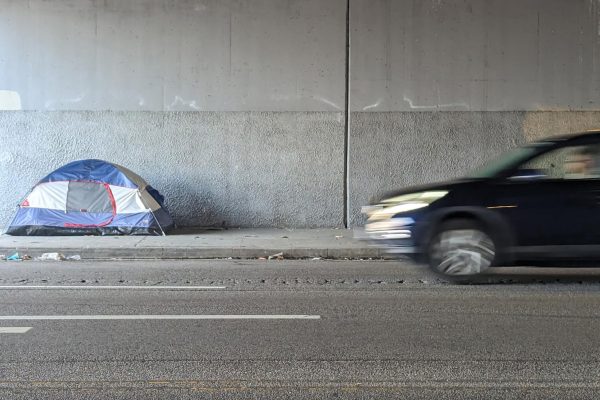
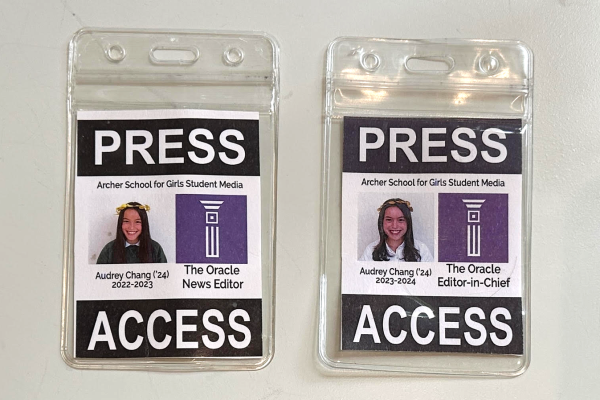

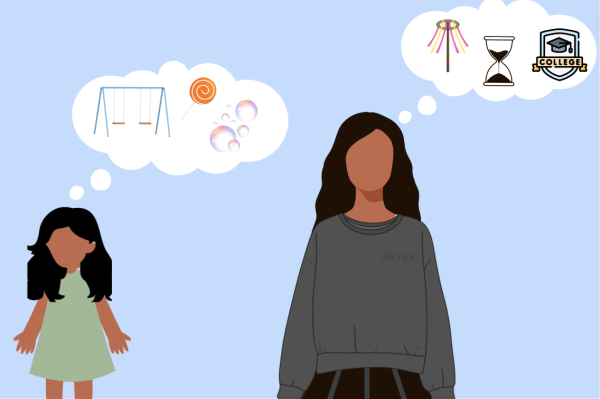
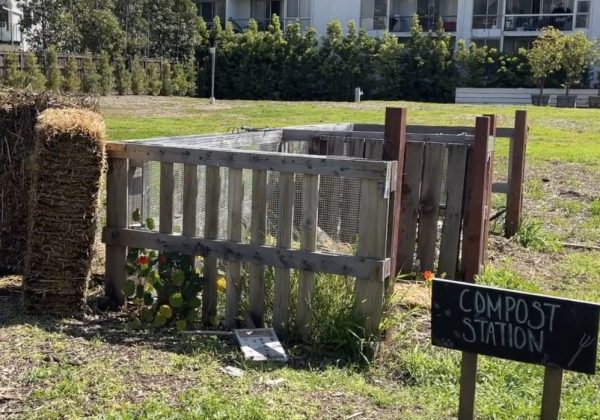
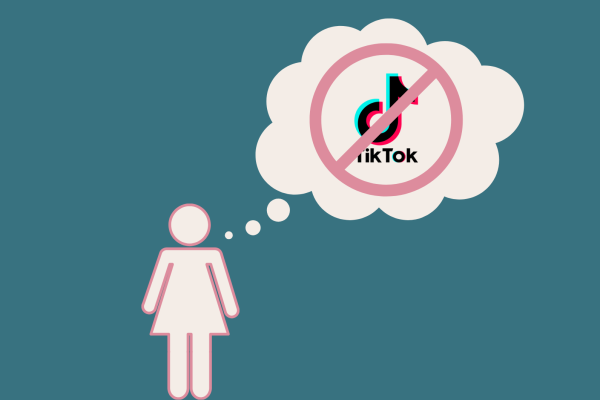
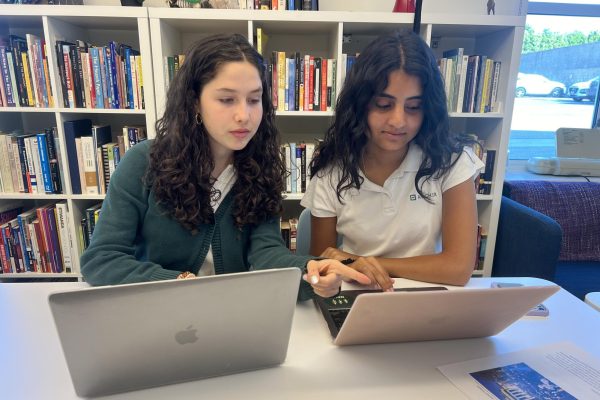

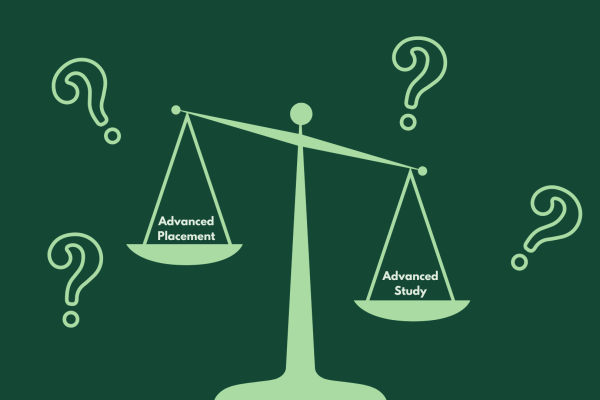
Herminia P Julian • May 22, 2020 at 4:31 pm
This is a well researched and written opinion of the subject matter
The choice of words makes the theme interesting to convince the reader.
Hope for more good journalistic writings in the day to
come, Rio Hundley!